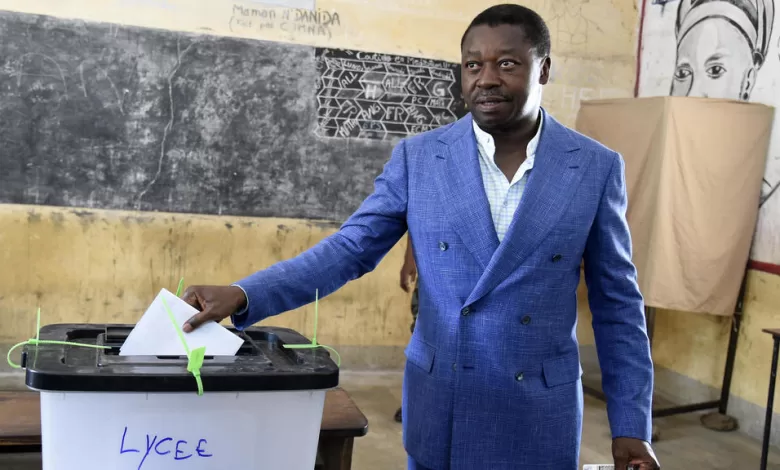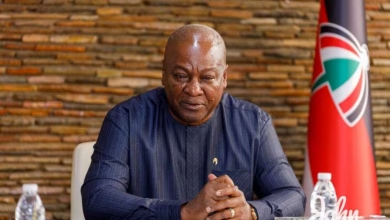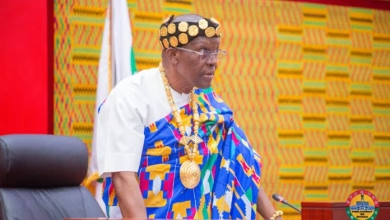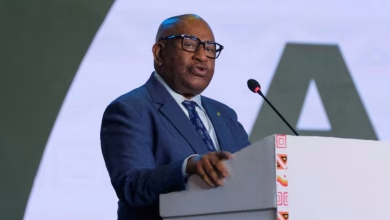Togo Postpones Elections Amid Constitutional Reform Dispute

- Togo's parliamentary and regional elections, originally scheduled for April 20, have been delayed
- The contested reform alters Togo's government structure from a presidential system to a parliamentary one
- The reform has sparked opposition outrage
add three story highlights In response to mounting tensions surrounding a controversial constitutional reform, Togo has decided to postpone its parliamentary and regional elections. The recent reform, endorsed by lawmakers, replaced the presidential system with a parliamentary one, thereby transferring executive authority to the prime minister and relegating the presidency to a ceremonial position.
Opposition parties have strongly opposed the reform, expressing concerns that it could enable President Faure Gnassingbé to prolong his tenure. Gnassingbé assumed office following the death of his father, Gnassingbé Eyadéma, in 2005, who had ruled the country with an authoritarian grip for 38 years.
The presidency announced the postponement of the elections on Wednesday, without specifying a new date for the polls, initially scheduled for April 20th.
The Conference of Togolese Catholic Bishops has urged President Gnassingbé not to endorse the constitutional changes, emphasizing the importance of inclusive national dialogue and broad consultation.
Under the new system, the president would be chosen by parliament without debate for a single six-year term, departing from the previous method of direct election. However, due to opposition parties’ boycott of previous elections and their limited representation in parliament, the constitutional amendment was almost unanimously approved, with only one legislator voting against and one abstaining.
The presidency cited the need for consultations over the contested constitutional changes as the reason for the election delay, following President Gnassingbé’s decision to send the disputed law back to parliament for a second reading amidst growing criticism.






